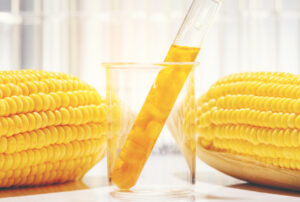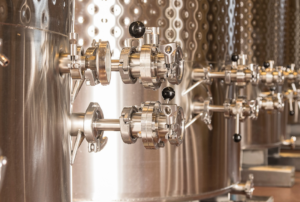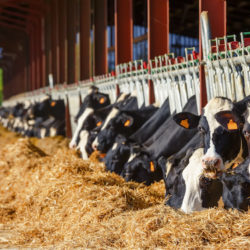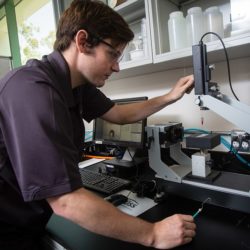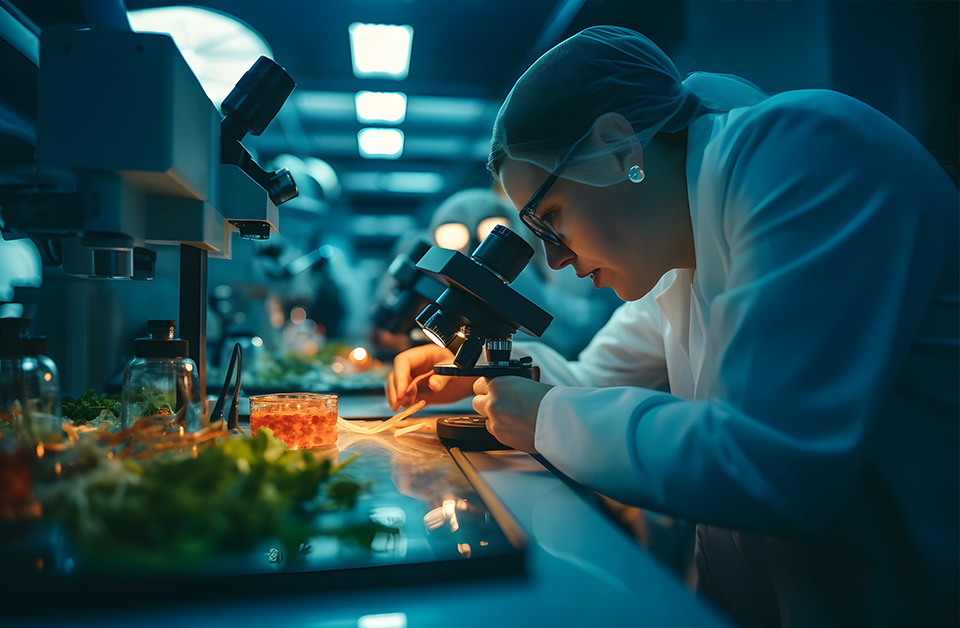
Precision Fermentation: A Sustainable Solution to Global Food Scarcity
The global population has grown exponentially over the last 10,000 years, reaching an estimated 8 billion people in 2023. This surge in population, coupled with environmental challenges and economic disparities, has led to a pressing crisis – food scarcity. Despite significant advancements in agriculture and food production technologies, nearly 800 million people still face hunger daily. To put that number into perspective, the US population is approaching 350 million. So, over double the size of the country I live in, doesn’t know where, when or what their next meal may be. How can we reduce food scarcity and sustainably feed the growing population? Innovation and new technologies show promise.
The rapid escalation in the world’s population is primarily occurring in regions already grappling with economic and poverty-related challenges. These areas often face agricultural difficulties due to harsh climates and water scarcity or unavailability, further exacerbating food insecurity. Additionally, the inability of farmers in these regions to leverage technologies for higher yields due to economic constraints leads to land degradation and increased production costs.
Traditional animal and plant-based food products have historically been the cornerstone of global nutrition. However, as our population grows, so does the demand for these resources, leading to an unsustainable strain on our planet. The answer to this challenge may lie in the realm of biotechnology, specifically precision fermentation.
Precision fermentation is an advanced form of biotechnology that leverages genetically engineered organisms to produce proteins, carbohydrates, and other essential elements with nutritional value. This technology has its roots in traditional fermentation methods that date back 10,000 years, when curdled milk was discovered as an edible and enjoyable byproduct of a natural process.
The modern-day version of this technology takes things multiple steps further. Precision fermentation enables the controlled growth of organisms in a laboratory setting, often using byproducts from other industrial processes as feedstock. This not only prevents waste but also eliminates the need for large tracts of land required for traditional farming. Furthermore, the controlled environment ensures better quality control and food safety than traditional farming methods that are susceptible to environmental factors such as droughts, floods or disease.
Like many emerging technologies, precision fermentation currently faces a significant barrier – cost. The expense associated with this technology makes it inaccessible for mass production at present. Yet, it’s important to remember that many technologies start expensive and become affordable over time as they scale up and become optimized.
For instance, 15 years ago, a big screen “flat” TV cost around $5,000. Today, similar TVs cost around $250, are more energy-efficient, weigh 60 pounds less, and have better picture quality. The cost of TVs has decreased dramatically over the years, and we need to see the same journey take place for materials derived from fermentation, specifically those that are produced through precision fermentation.
Improving food processing operations and reducing waste are crucial for increasing food availability. Solecta recently collaborated with a food manufacturing company to optimize their processes, which resulted in improvements in productivity and profitability. By implementing best practices and innovative membrane solutions, the sweetener processor was able to increase production and reduce wastewater generated by 7.1 million gallons annually. Solecta’s solutions and process improvements resulted in an additional annual revenue of $1.6 million. Food scarcity puts significant pressure on food producers to maximize productivity and minimize waste. The adoption of high-performance nanofiltration by this client allowed them to achieve more high-purity sweeteners with less waste. The annual savings of 7.1 million gallons of wastewater demonstrate how improved processing can conserve resources while delivering increased profits. Such process improvements will become increasingly important as we aim to feed a growing global population with limited resources.
Food manufacturers have a unique opportunity to adopt new technologies that can enhance productivity, reduce waste and help address food scarcity. This client success story demonstrates how seemingly minor changes in food processing can have a meaningful impact on the overall food supply. If implemented across the industry, such optimizations could increase food availability and help combat scarcity. Solecta is here to help, and we look forward to supporting the market in solving this global crisis!
In conclusion, precision fermentation holds great promise as a sustainable solution to global food scarcity. When companies are in the process of scaling up their production activities, there is often a singular focus on getting their product out the door, no matter what the cost. However, it’s important to remember that this is also an excellent opportunity to work with partners like Solecta to optimize the production process. Solecta specializes in providing upfront scoping of options, ongoing support for commercialization, and process optimization for separation systems that use polymeric spiral-wound membranes. By optimizing these processes, plants can operate more efficiently, which reduces costs and increases access to the produced products for consumers.
Related Resources in the Knowledge Hub
Let’s Keep in Touch
Follow Solecta on LinkedIn and join our mailing list to keep up with our latest news.
Explore the Possibilities
Our team of application engineers and domain experts understands your industry’s unique challenges. (They’re also eager to solve them.)


